
Hippocampal-Sparing Alzheimer’s Goes Dangerously Misdiagnosed
MAYO CLINIC DIAGNOSIS VIDEO + ARTICLE: Hundreds of thousands of people with Hippocampal-Sparing Alzheimer’s go misdiagnosed. With a correct diagnosis, existing medicines can do more.

MAYO CLINIC DIAGNOSIS VIDEO + ARTICLE: Hundreds of thousands of people with Hippocampal-Sparing Alzheimer’s go misdiagnosed. With a correct diagnosis, existing medicines can do more.
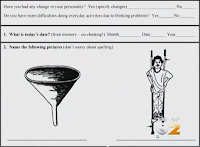
DIAGNOSIS VIDEO + WRITTEN SELF-TEST: Doctors have a better chance of treating Alzheimer’s if it is caught early. CBS NEWS Dr. Max Gomez reports on

VIDEO: Dementia can make it difficult to recognize familiar faces, or even trigger hallucinations. Lewy body dementia is particularly susceptible to such visual problems. Watch
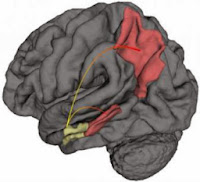
3 ROOTS OF ALZHEIMER’S: Columbia University researchers have pinpointed 3 discoveries about Alzheimer’s: Where it starts Why it starts there How it spreads. Learn why

DIAGNOSIS TIP – VIDEO: Forgot the car keys, the day, or the name of that thing in your hand? Find out what’s normal aging and

DEMENTIA DIAGNOSTIC TESTS that measure the sense of smell may soon become common in neurologists’ offices. Find out why.
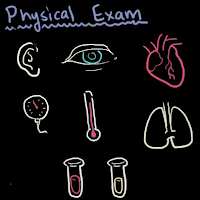
DIAGNOSIS VIDEO: In diagnosing dementia, the more you know, the better. With over 100 types of dementia, your doctor needs your help. So learn the

DIAGNOSIS VIDEO + ARTICLE: Subcortical small-vessel disease (SVD), one of the main causes of vascular dementia, has itself become an increasingly common dementia diagnosis. Learn
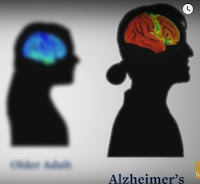
DIAGNOSIS VIDEO + ARTICLE: See PET scans pick up the beginnings of Alzheimer’s in healthy people. Learn how this may give a head-start in fighting

VIDEO: Watch Robin and Lis discuss their long road to getting a correct LBD dementia diagnosis. This diagnosis can be vital, yet 50% of people
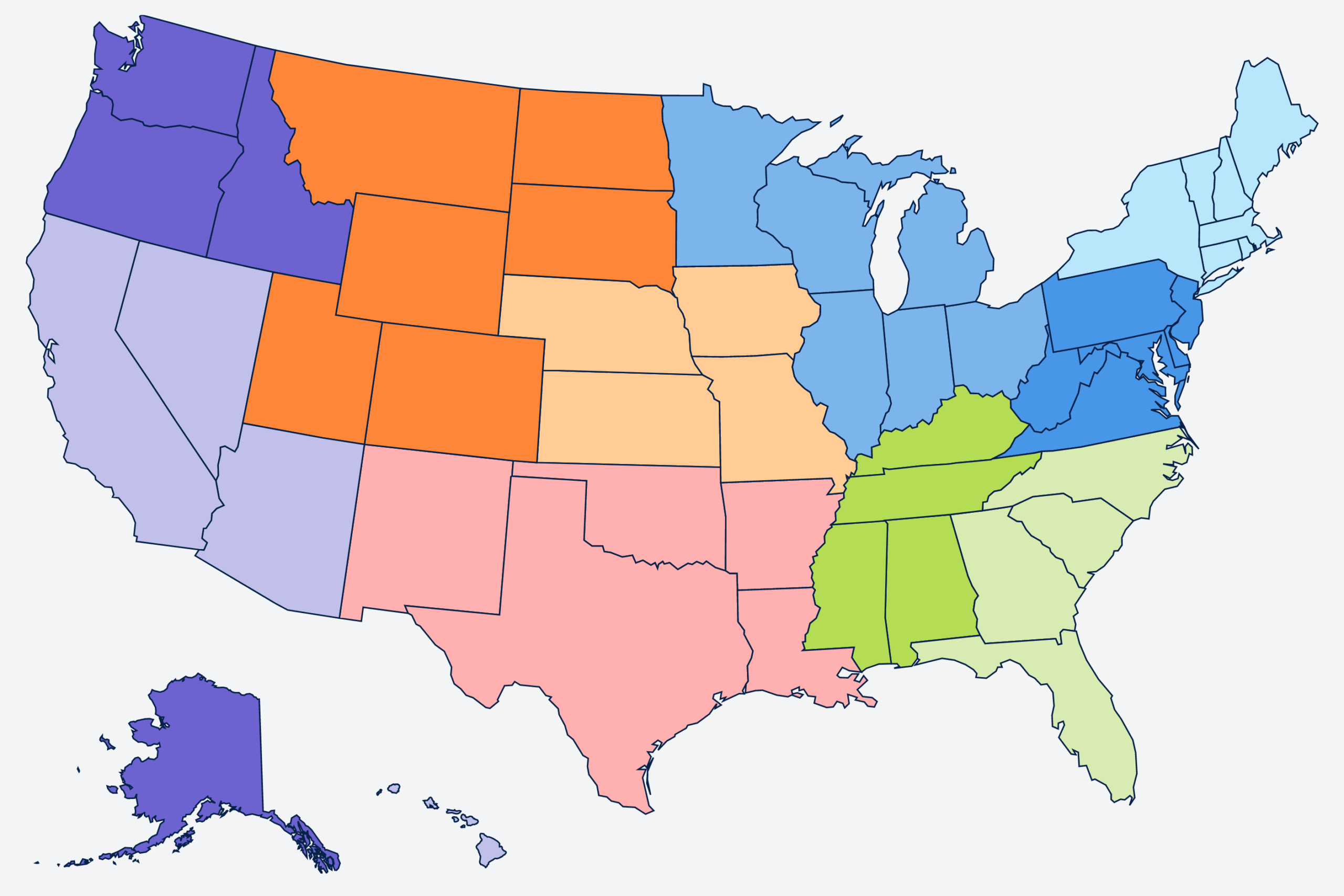
See one of the largest and most comprehensive studies identifying where dementia occurs most often.
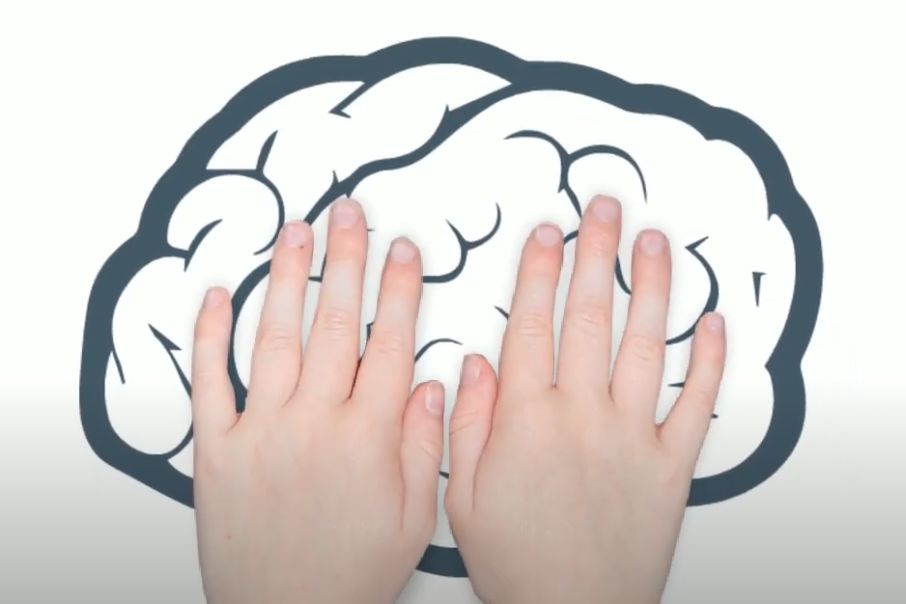
UNDERSTANDING DEMENTIA – VIDEO:
Blood moves through our body in tubes comprising “the vascular system.” See why vascular leaks or clogs trigger vascular dementia, stroke and heart attacks. Learn how to keep your vascular system clean, strong and healthy.

William Michael Morgan strums a proud, moving song by a young man that knows who his father with dementia truly is. Watch now.

SHORT-TERM MEMORY lapses are obvious signs of Alzheimer’s, but other tell-tale signals begin to show much earlier. Learn how to look for semantic impairments, such as simple questions about size.

Three important dementia studies focus on HS-AGING, a type of dementia almost as common as Alzheimer’s in the 85+ group. Yet few people have heard of it. Why? What makes it different?

An intriguing study of 120 grandmothers might surprise you. Doctors know socially engaged people have better cognition and less dementia. But can a person get too much of a good thing? What’s the right balance?

Enjoy this great duet between a musician with dementia and his son. A triumph of spirit over Alzheimer’s! Sing-a-long if you like!
No spam, only news and updates.


